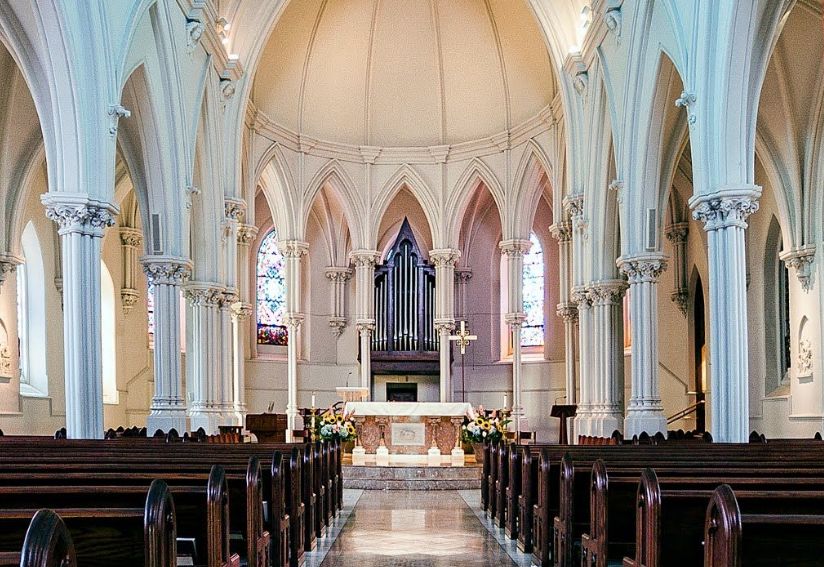Songs in the Key of Shakespeare: A Review of ACS Concert Series
February 12, 2019
Ever wonder if Shakespeare could be performed as an opera? On Jan. 30, 2019, a small, yet inspiring concert put on by the Curtis Institute of Music took over the St. Thomas of Villanova Church. The Curtis Institute of Music is a conservatory in Philadelphia for students looking to pursue a degree in performance. It was founded in 1942 by Mary Louise Curtis Bok, in honor of her father, Cyrus Curtis, and has a reputation of being the alma mater of several prestigious musicians, such as Leonard Bernstein and Samuel Barber. Co-sponsored by the Augustinian Cultural Seminar Program and the Department of English, the concert gave its audience a new perspective in observing the duplicity of art of opera and literature.
Sophia Hunt, a soprano, and Adam Kiss, a bass, were among the talented students and alumni who performed that night. Hunt entered the Curtis Institute of Music in 2015 and has played many familiar characters with the Curtis Opera Theatre. She was also a featured soloist in the Highlands Chapel Concert Series. Kiss entered the Curtis Institute of Music in 2016 and has also performed many roles with the Curtis Opera Theatre, as well as in the chorus of New York City Opera. Reese Revak, the piano accompanist for the concert, joined the faculty of the Curtis Institute of Music in 2012. He is the music director and co-founder of the Philadelphia Opera Collective and co-founder of the Philadelphia Composers’ Ink salon series.
Under the great dome of the St. Thomas of Villanova Church, the concert started with “Trinklied” from Antony and Cleopatra and moved through other songs adapted from various works by Shakespeare, such as Twelfth Night and The Merchant of Venice. As Revak struck the first note, the performers brought the audience into the world of Shakespeare, as if the characters from the plays were right in front of them, revealing their own stories of life. The piano and singing accompany each other, either with discord or harmony. In the song “Sigh No More, Ladies,” from the play Much Ado About Nothing, the upbeat notes echoed through the church as Hunt sang of women’s acceptance to men’s infidelity and of the possibility of a joyful life afterwards. Her cheerful voice turned sorrowful and desperate when portrayinh Desdemona’s prayer and inner monologue before she is killed by her husband Othello. Instead of the bouncing beat — which implies comedy — the piano accompaniment slowed and gave way to the melancholy plot of the story, foreshadowing Desdemona’s tragic fate. As the bass, Kiss’s every unfaltering note was able to strike the bottom of the audience’s heart. His singing brought the characters in Macbeth to life and provided an outline of the tragic yet soul-stirring story. Like Hunt, Kiss gave a vibrant performance in his last song, “Where Is The Life That Late I Led?” from Kiss Me, Kate, acting out the frustration when the character’s newlywed wife refused to kiss him at their wedding.
Throughout the concert, the piano, as well as the performers’ voices, echoed within the walls of the church, fully submerging the audience in the music. The combination of the piano was simple enough to set off the singers’ voices yet compelling enough at times to become part of the story. One doesn’t really have to be an expert in Shakespeare to understand the songs, as even though the songs were sung in different languages, the performance of each song was so inviting that the story unfolded itself without much effort from the audience.











